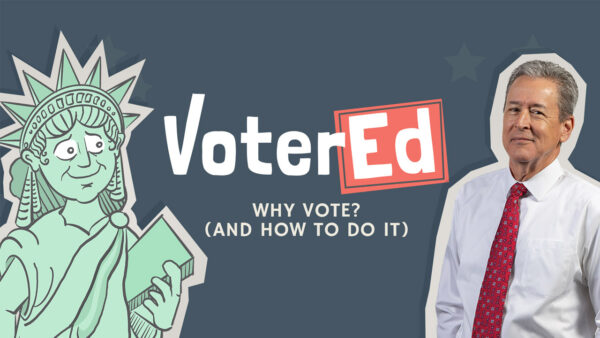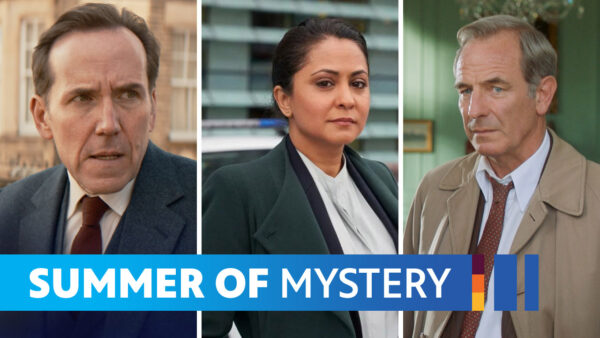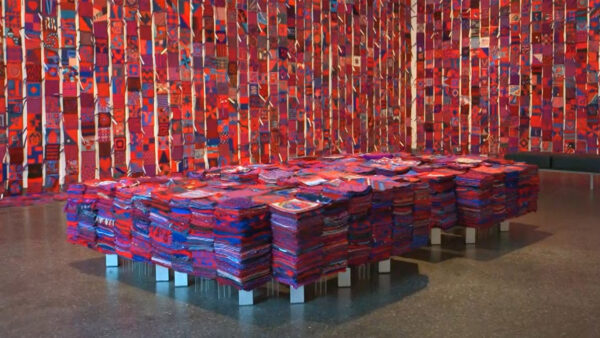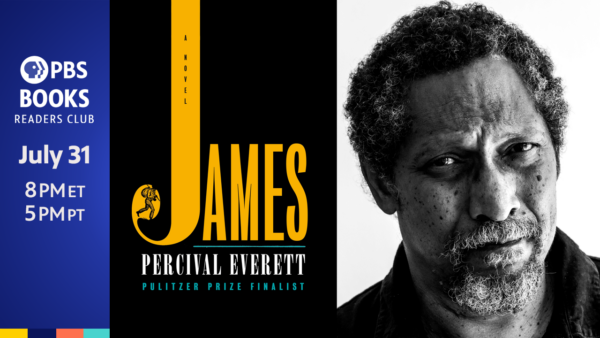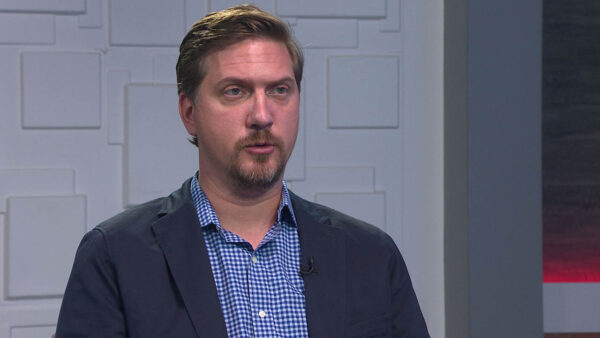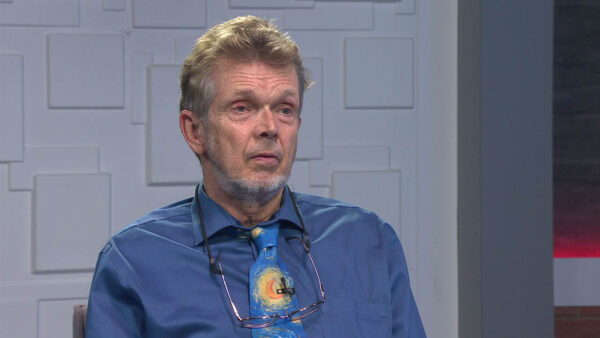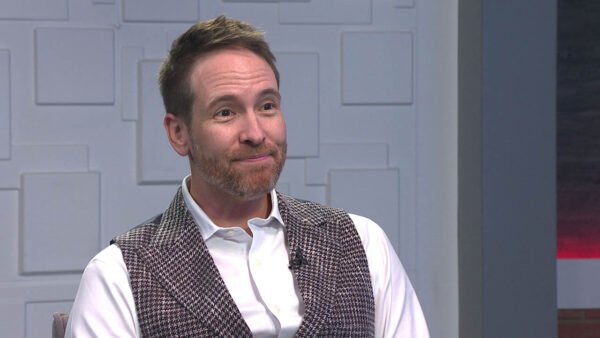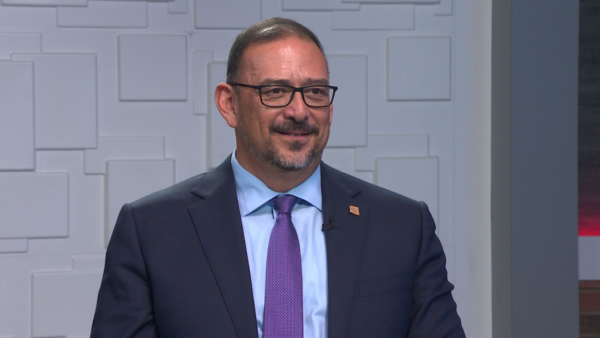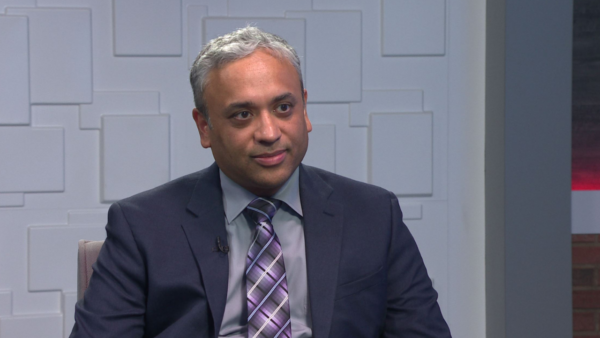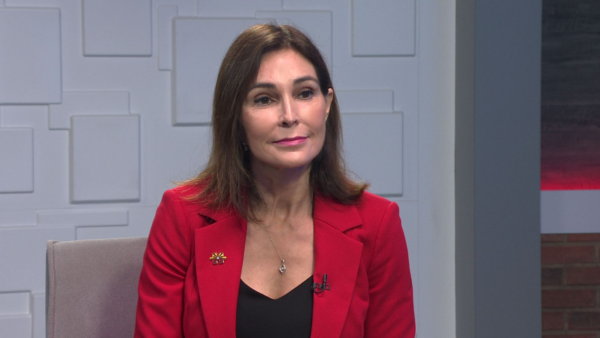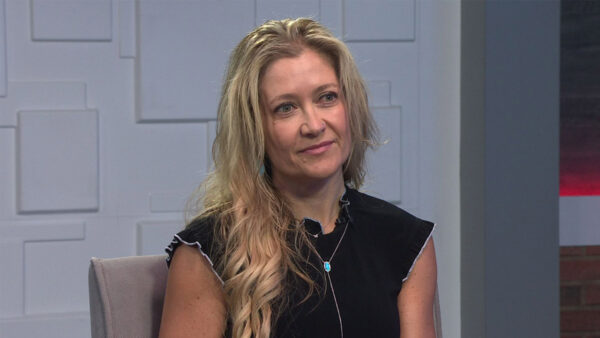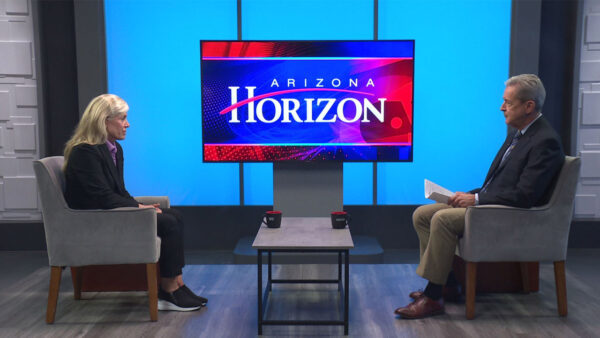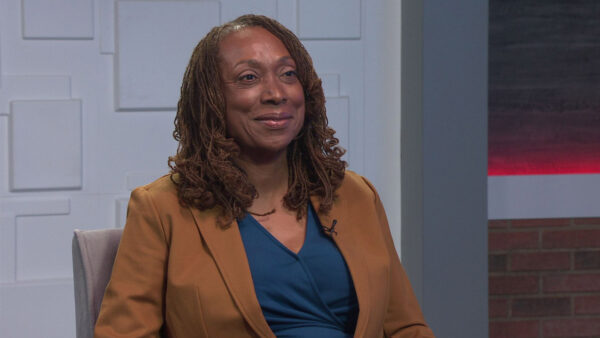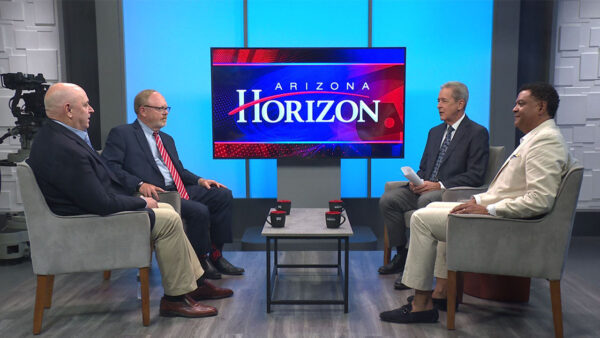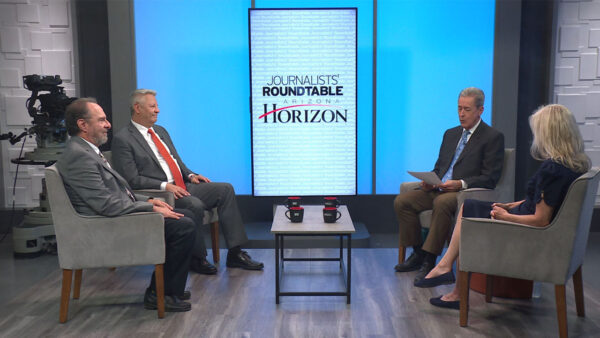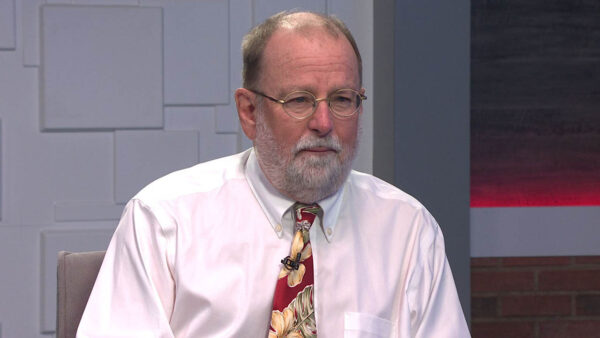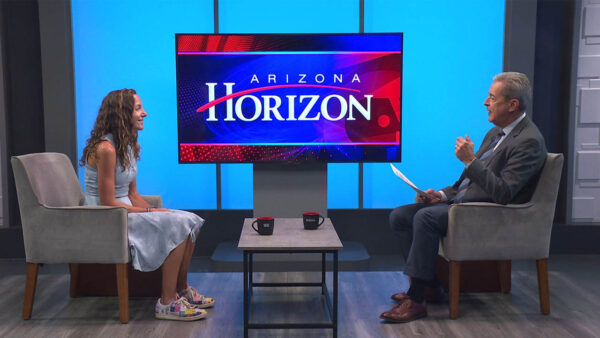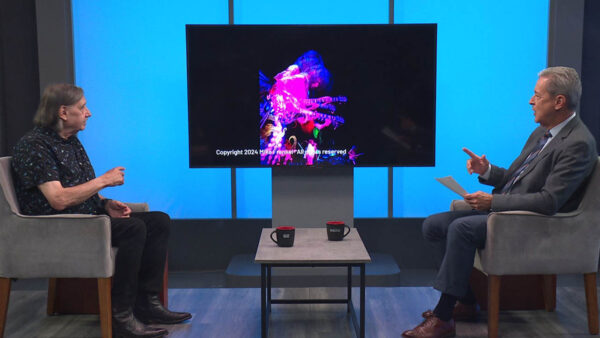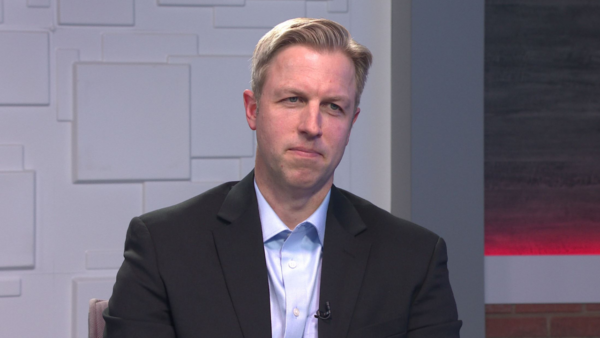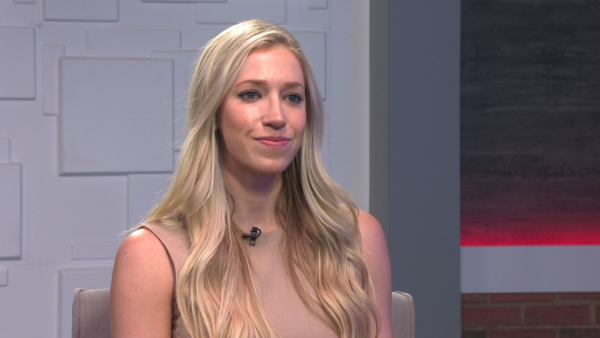Arizona Congressman Ruben Gallego has co-sponsored a bill that is aimed at ending gun deaths among children. The Help End Assault Rifle Tragedies, or HEART Act, bans children under the age of 16 from possessing or firing machine guns and assault weapons. Attorney James Goodnow of Fennemore Craig will tell us more about the legislation.
TED SIMONS: Coming up next on Arizona "Horizon," we will hear about covering a national convention from a reporter's viewpoint. Also tonight, a new study shows improvements in conditions at the lowers Santa Cruz River, and hear about a new study on the economic impact of Arizona non-profits. Those stories next on Arizona "Horizon."
ANNOUNCER: Arizona "Horizon" is made possible by contributions from the friends of Arizona PBS, members of your PBS station. Thank you.
TED: Good evening, and welcome to Arizona Horizon, I'm Ted Simons. The Republican National Convention continues in Cleveland with candidates, delegates and party officials looking to create a variety of narratives that, inevitably, get the once-over-twice from journalists covering the convention. For many of those reporters, a national political convention is a once in a lifetime event.
JEREMY CARL: Oh I think it's great. Regardless of political affiliation I think it's so fascinating to attend one of these. You see people for whom politics is their whole life in many ways.
TED: For a more in-depth look at what reporters go through in covering national political conventions we welcome Mark Flatten who worked conventions as a reporter for East Valley Tribune. He's now an investigative journalist for the Goldwater Institute. Good to see you again, it's been a while.
MARK FLATTEN: Good to see you; it's good to be back.
TED: Which convention did you cover? Did you cover more than one?
MARK: My first convention was '92, Bill Clinton's first nomination for president. And quite frankly, that was the most exciting--I don't know if it was because it was the first one and it was new, or just the last one with any mystery or suspense. The last one I covered was the John Kerry nomination when he ran against Bush the second time.
TED: How much did you have to prepare before going there?
MARK: You do a lot of prep work. You talk to the delegates, and that's the most rewarding and most valuable thing you get. It's not the politicians on stage, it's not the big speeches--it's that you really get to know these delegates. Aside from that upper tier of politicians, most of the delegates are just regular folks. They are people who live ordinary lives and active in politics and care about these issues. That, frankly, is the most rewarding part about covering the conventions. So you do a lot of prep work, talking to them, getting their sense and a feel for what they are thinking, and that helps you cover not only the convention but politics going forward.
TED: It seems like the kind of thing where you do a lot of preparation, but once you get, there the prep is thrown out the window.
MARK: The problem with covering conventions is they are so tightly scripted, and I am not just talking about what is going on on the stage.I mean, everything from the morning breakfast speaker to the evening coffee roundtable. They will give you a schedule that's down to the minute. It's not, you know, 10:50, it's 10:43. The most challenging thing about covering the convention is breaking out that effort of both parties to control their message and control the narrative. These parties are just basically big long infomercials that drag on for four days. And as a reporter, what you're trying to do is find something that's off-script. It's not necessarily to embarrass and it's not necessarily a bad thing, but it's the kind of things that you don't get from the handout or the press release or that minute-by-minute schedule. And frankly you get that by talking to the delegates and finding out from them the backroom deals that are being put together. You find out from them what segment of a particular group is dissatisfied with some of the things going on on the convention floor.
TED: Is that often at odds with the narrative the party leaders are trying to present?
MARK: It is. A lot of times it's from the top tiers. I remember at the '92 convention with Clinton, there were some folks working the press crowd saying, you know, Vinnie and Lou were having this big rally at this warehouse down the road. And it turned out it was a Jerry Brown rally, and he was saying that the party platform had completely ignored the labor movement.
So sometimes it comes from the candidates, very often it comes from the delegates. You saw this a little bit at the Republican Convention this week with the anti-trump people this year trying to stage a mini-coup. It's usually not that dramatic. Usually it's got something to do with the party platform… are we strong enough on this issue, are we too strong on that issue--so it's things like that. And again, the challenge for reporters is to kind of get off that script, because if you just go by the schedule and the script, you're really not adding anything to the conversation. You're really not producing anything.
TED: I was going to say, it almost sounds like covering the Super Bowl, which I've done once or twice here. And If you allow yourself to be pushed by the tide you don't really get much. You just get what's been preordained and everyone in the country is getting the same thing. It seems like it's a challenge to get out there and find something new.
MARK: It is. And the difference is, covering the Super Bowl, you actually don't know what's going to happen on the next play. Covering the convention, you know what's going to happen the next three days from now.
TED: And obviously the pre-game stuff, the NFL has that thing so scripted before the game starts, you can't work. Do you get hassled by party official, apparatchiks, at these conventions you cover?
MARK: Sometimes you do, particularly if you get some delegates that are talking off script. It's not sort of a formal candidate person comes and chews you out, but you might get kind of a, you know, a stern look from the state party henchmen, whether it be Democrats or Republicans, for sort of going off of their script. But generally, it's not like they sort of tell you where you have to be at any given moment. They just don't control where you are at per-se. They control to what you have access to.
TED: Right.
MARK: So if you want to go into the convention hall, here is your assigned seat, you go there and sit there. It's very difficult to get out on the floor and work the delegates, which is really where a lot of the flavor and color comes from, especially if you are covering a convention for a local paper as opposed to a national network. You are there to find out what your delegation is thinking and what their emotions and color are at any given point in time.
There are, you know, pass after pass after pass to get through that first ring of security, then you get to the alternates. Then to actually get on the convention floor, they literally had 20-minute press passes where you could only go out on the floor for 20 minutes and then you had to be back and turn it in.
So they really do try to control access particularly during the main events to the floor and things like that. Now as I say, the most productive thing about covering a convention is really sort of the off times. When you get the chance to sit and chat with delegates. You know, no pens and notebooks or tape recorders going on, but you really do get to know them and get a sense of where they're coming from and what they're feeling.
TED: Can you bump into them at a local bar or restaurant and have a beer with them?
MARK: Absolutely. And honestly, once again you sort of get past that top tier of politicos that are always on guard, and get to the regular rank-and-file people… I mean, they're your neighbors, they're your friends. They really believe in what they are doing and they really believe in the issues that they stand for, but they are very decent people who just like to share their thoughts on the issues of the day.
TED: Nothing if not enthusiastic. Mark, it's good to have you here. Thanks for joining us, we appreciate it.
----------
James Goodnow - Attorney at Fennemore Craig
